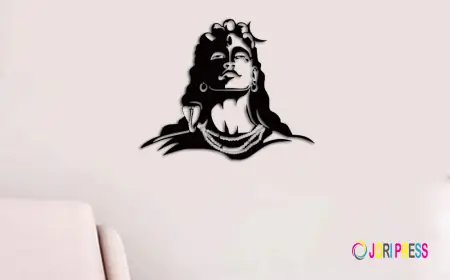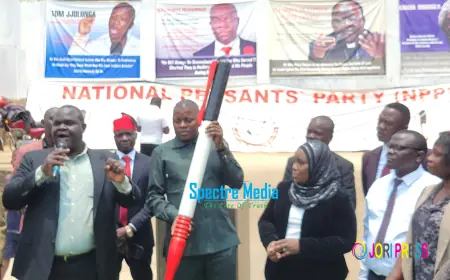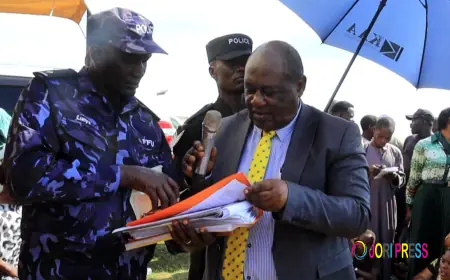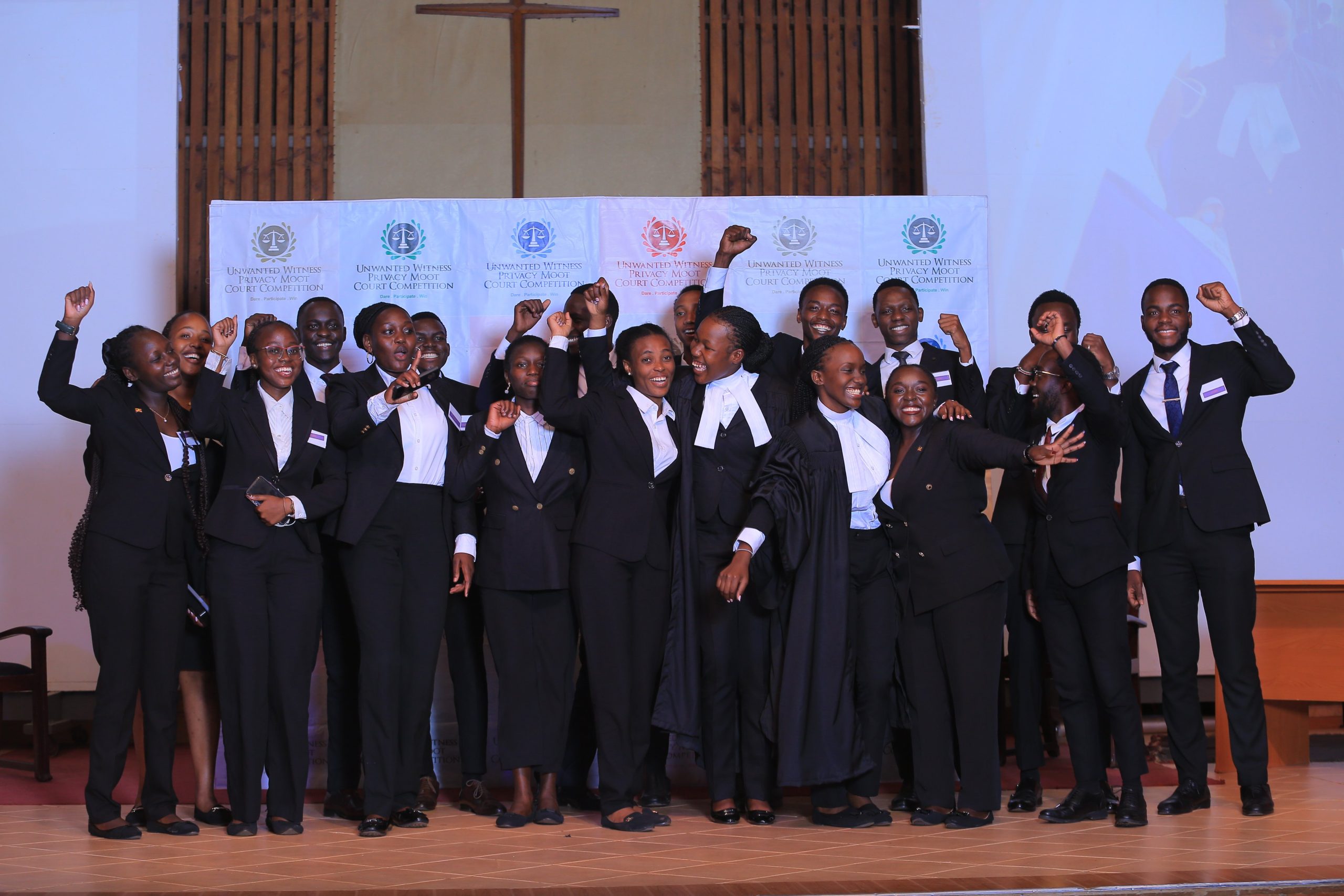Parents, students left stranded in Soroti as teachers continue strike


Classrooms across Soroti city remained eerily quiet as the third term of school kicked off.
Instead of the usual hum of lessons, parents and pupils were met with locked offices, empty staffrooms, and a strike that had disrupted learning before it could even begin.
At Pioneer primary school, the head teacher’s and deputy head teacher’s offices were firmly locked. Children roamed the compound in restless play as parents lingered outside, unsure whether to leave their young ones or take them back home.
The confusion unfolded just as the school began welcoming learners for the third term. The Uganda National Teachers’ Union (Unatu) instructed teachers nationwide to down their tools starting September 15, 2025. The industrial action targets long-standing salary disparities that have fuelled tension in the education sector for years.
“We brought our children ready for lessons, only to find no teachers in class,” said John Obuin, a worried parent.
He is concerned that while government schools are striking, counterparts in private schools are already learning and that if this continues, UPE pupils will suffer academically, especially since this is a critical term.
Obuin equally voiced concern for children’s safety, noting that non-teaching staff were registering pupils in the absence of teachers.
“Who guarantees our children’s security when the professionals we trust are not here?” he asked.
Another parent, Pius Akol, expressed similar worries: “I came to meet the head teacher, but his office is closed. We fear for our children, especially the girls, who are loitering without supervision. The government must resolve this quickly. We pay taxes, where is the money going?” Moses Oyara, head teacher of Soroti Islamic primary school, explained that his staff had reported and even started lessons before receiving a notification from Unatu, instructing them to return home.
He says that after the notification that came at 10 a.m, the teachers left the school premises.
“A teacher with a bachelor’s degree earns about Shs 400,000. Meanwhile, a parliamentarian with only a senior six education earns over Shs 40 million. The government finds money for politics but not for classrooms. How do we survive as living costs soar?” Oyara questioned.
The government’s policy requiring all teachers to hold bachelor’s degrees has added fuel to the fire, with educators questioning how they can meet the new standard when their pay barely covers basic needs.
James Osekel, head teacher of Soroti Demonstration primary school, faced a similar predicament. With 1,232 pupils enrolled, he assigned the school bursar, a non-teaching staff member, to handle registration.
“Parents kept bringing children even as teachers left. The start of our term is already compromised,” he said.
Soroti City education officer Michael Oguya confirmed that teachers initially attended classes but walked out once the strike was declared. He warned that the action would harm both Universal Primary Education(UPE) and Universal Secondary Education (USE) learners, especially as private schools continue lessons uninterrupted.
This is not the first such standoff. Earlier this year, the Uganda Professional Humanities Teachers Union staged a week-long strike that ended after President Museveni promised phased salary enhancements and tax relief.
Yet key pledges remain unfulfilled. The Ministry of Public Service acknowledges a significant salary gap – graduate science teachers earn a gross monthly pay of Shs 4 million. At the same time, their arts counterparts take home as little as Shs 672,000. Bridging that divide for more than 17,000 arts teachers would cost roughly Shs 509 billion each year, a price the ministry of Finance has so far deemed unsustainable.
What's Your Reaction?
 Like
0
Like
0
 Dislike
0
Dislike
0
 Love
0
Love
0
 Funny
0
Funny
0
 Angry
0
Angry
0
 Sad
0
Sad
0
 Wow
0
Wow
0























































